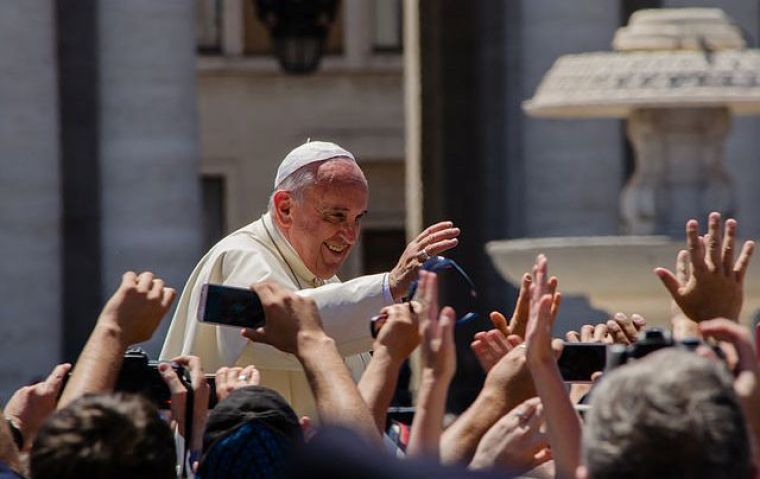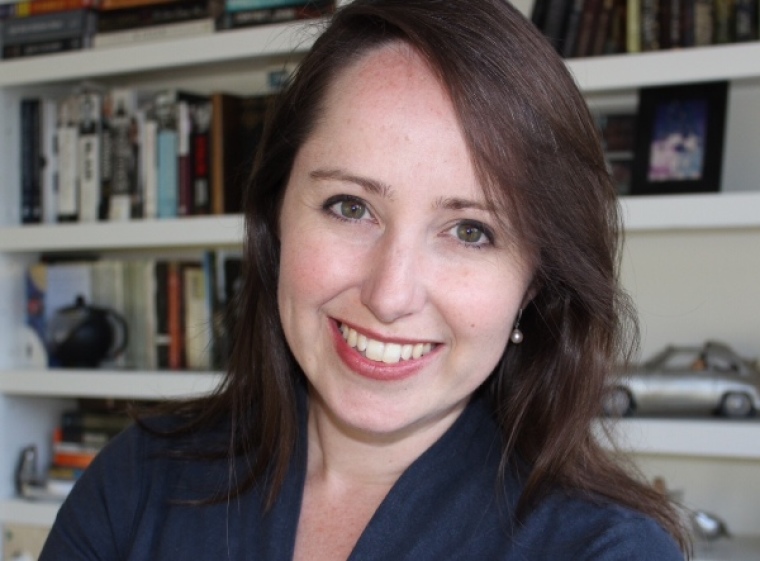

After Pope Francis' Monday speech in anticipation of Christmas, the Guardian published reflections upon the "savage attack", while the Independent considered it a "scathing" delivery of the "riot act".
The Catholic leader then followed his first Christmas-week address with a Christmas Day speech that shifted the focus from the Vatican bureaucracy, the Curia, toward Catholic priests.
While Monday included a declaration of 15 "ailments" that included issues such as pessimism, "spiritual Alzheimer's", jealousy and a narcissistic "complex of the chosen", Thursday involved the Pope calling upon the Catholic Church to open its ears to the "many complaints in relation to this important ministry".
Central to the address was the introduction of a newly approved nine-point homily guide that was formulated by the Congregation for Divine Worship.
The new approach voiced by Pope Francis sought to address the decreasing numbers of attendees at mass, with priests who sound "like a conference or a lesson" identified as an underlying cause.
He advised that the "homily should not be a light entertainment show," and priests should be "like a mother talking to her child".
The Christmas Day sermon was not just about a change of practice for priests, though, as the "Urbi et Orbi" blessing was delivered from the balcony of St Peter's Basilica in accordance with tradition.
The Pontiff also spoke of the religious minorities who are suffering in war-afflicted Nigeria and Iraq.